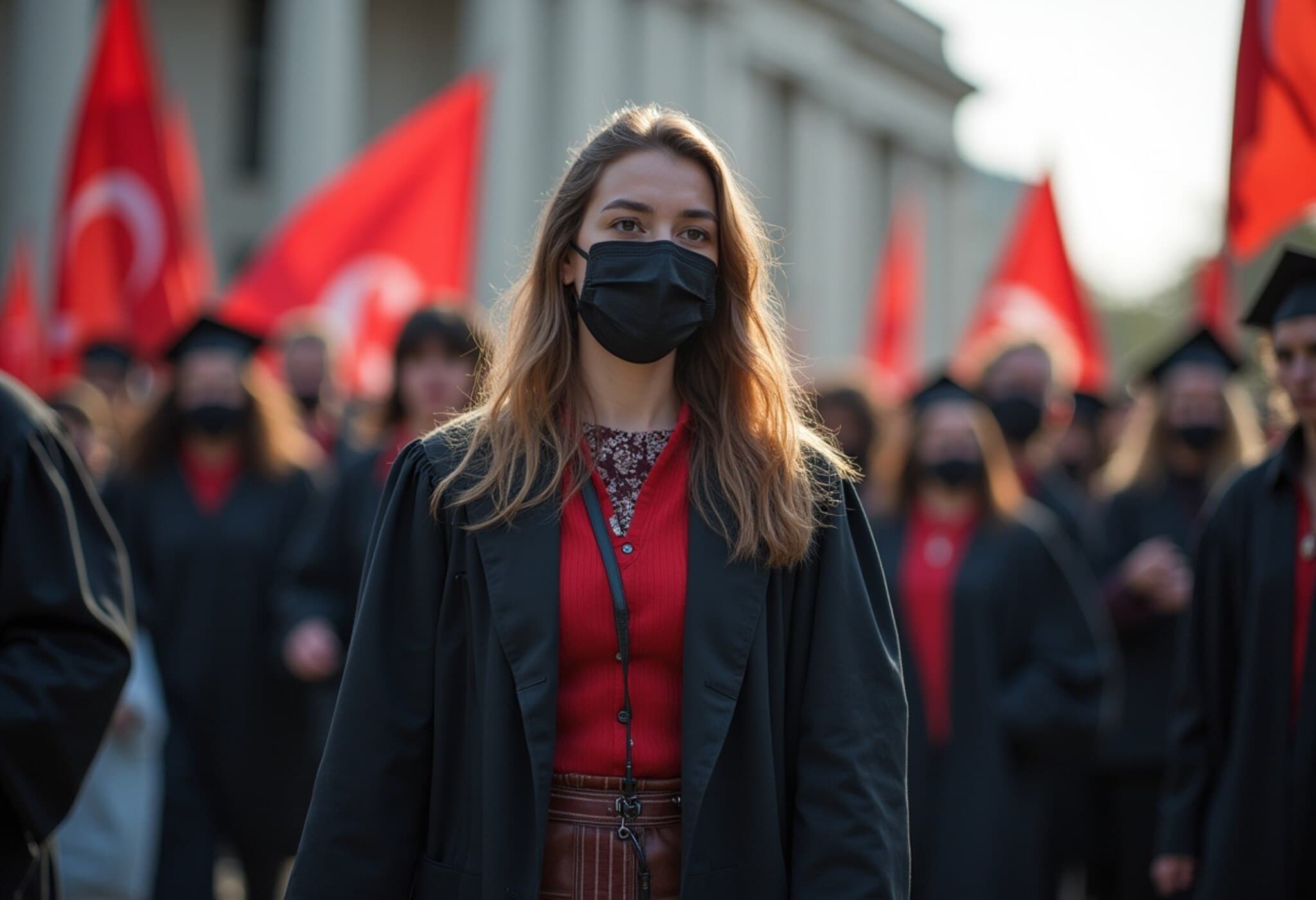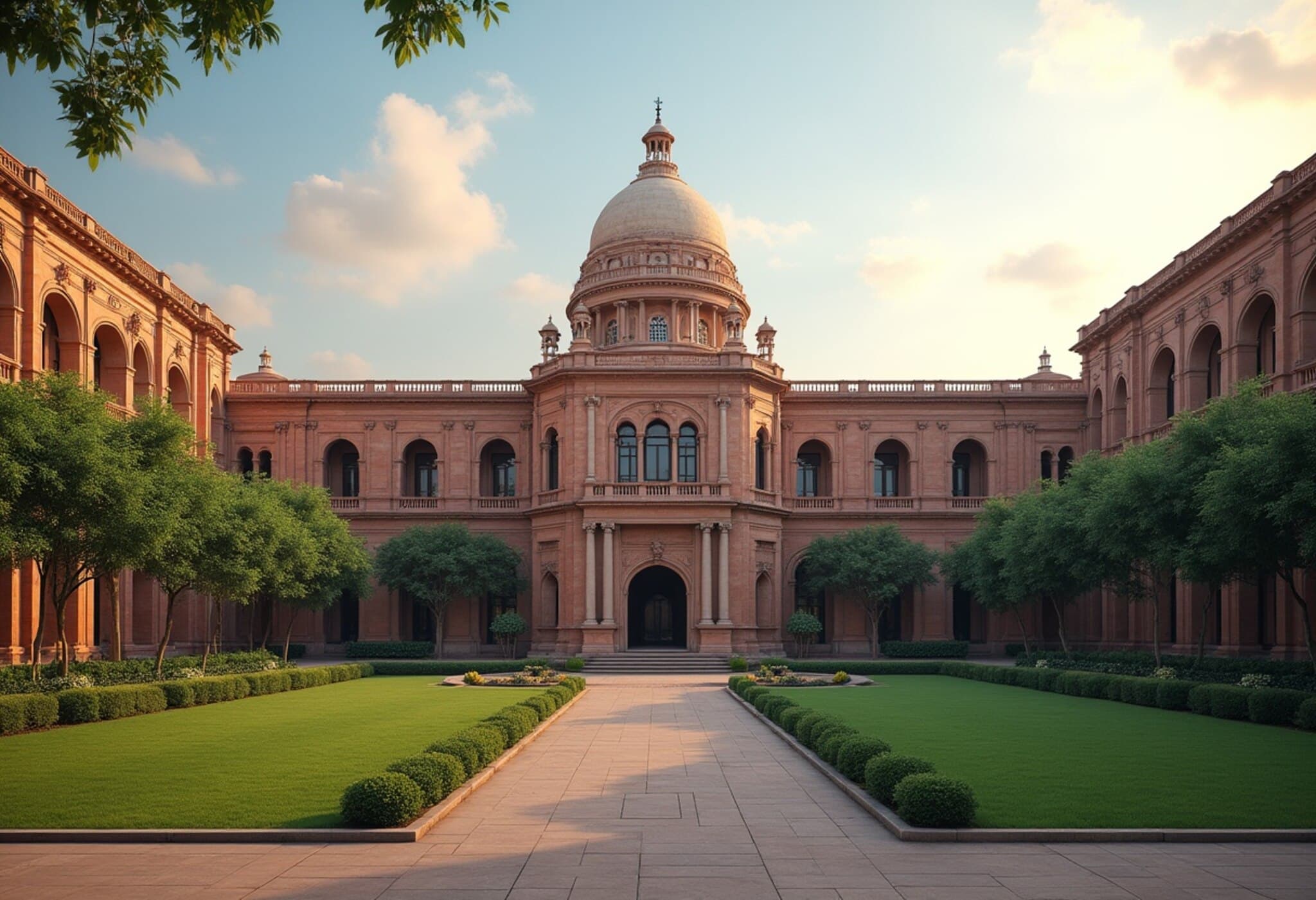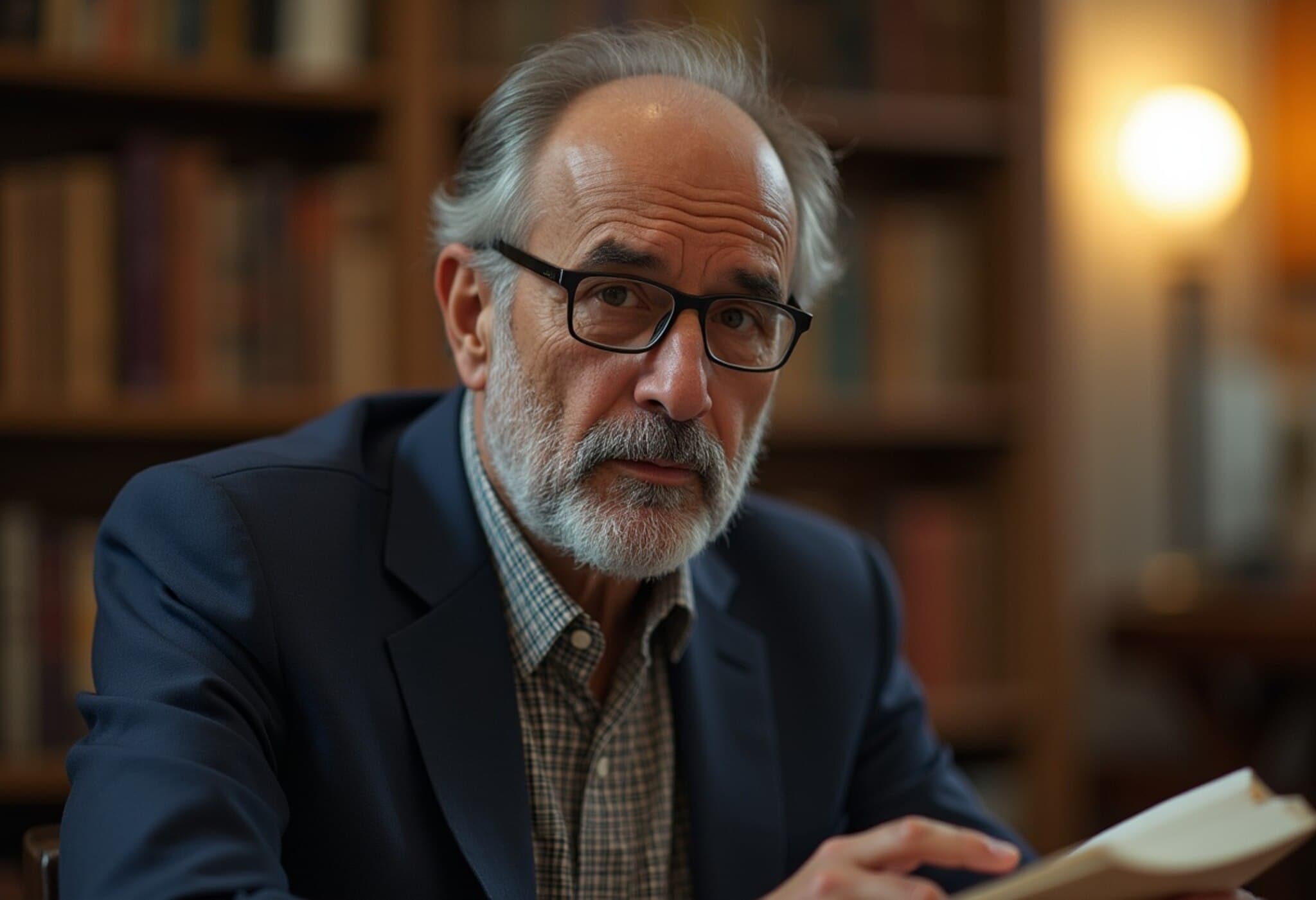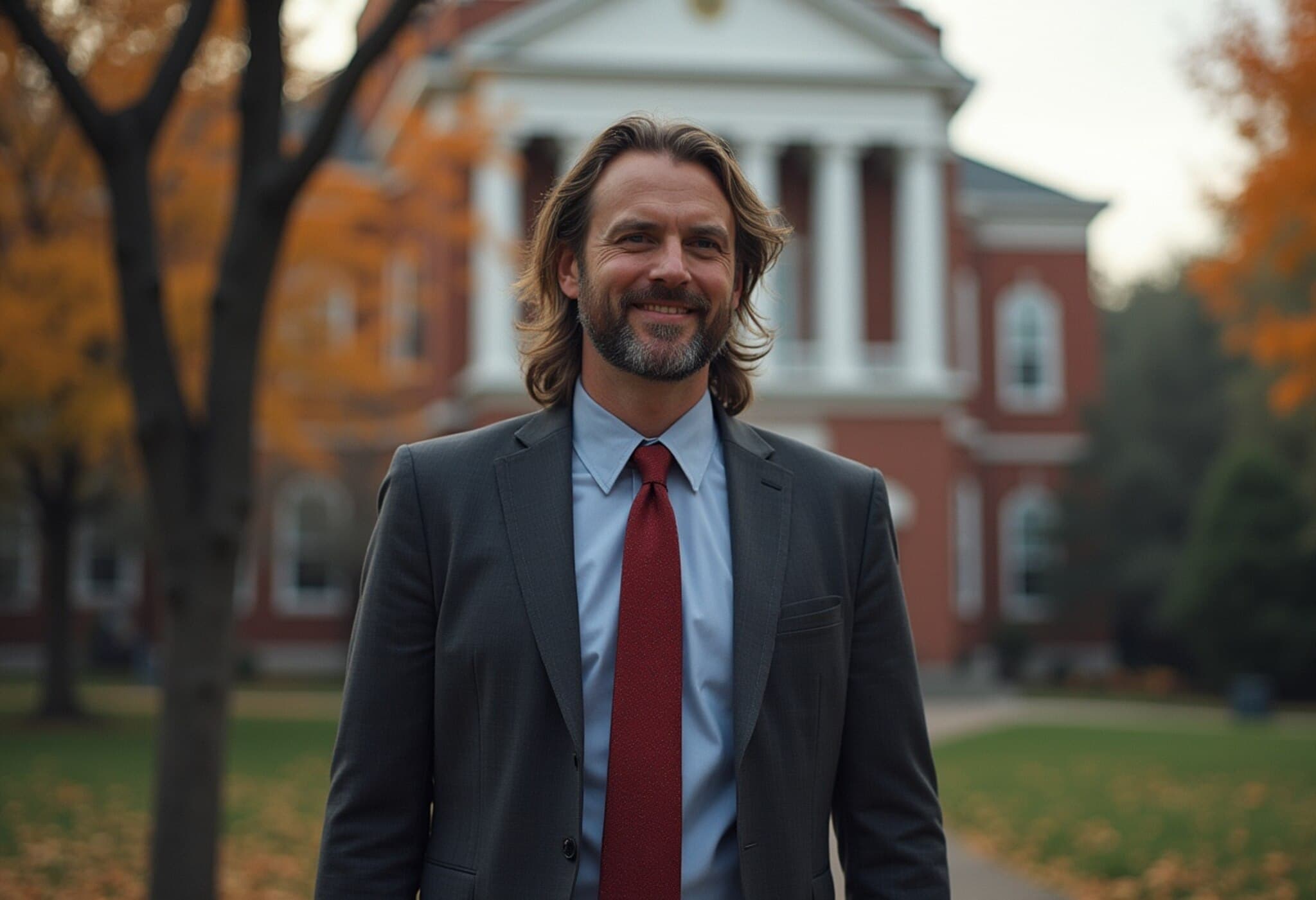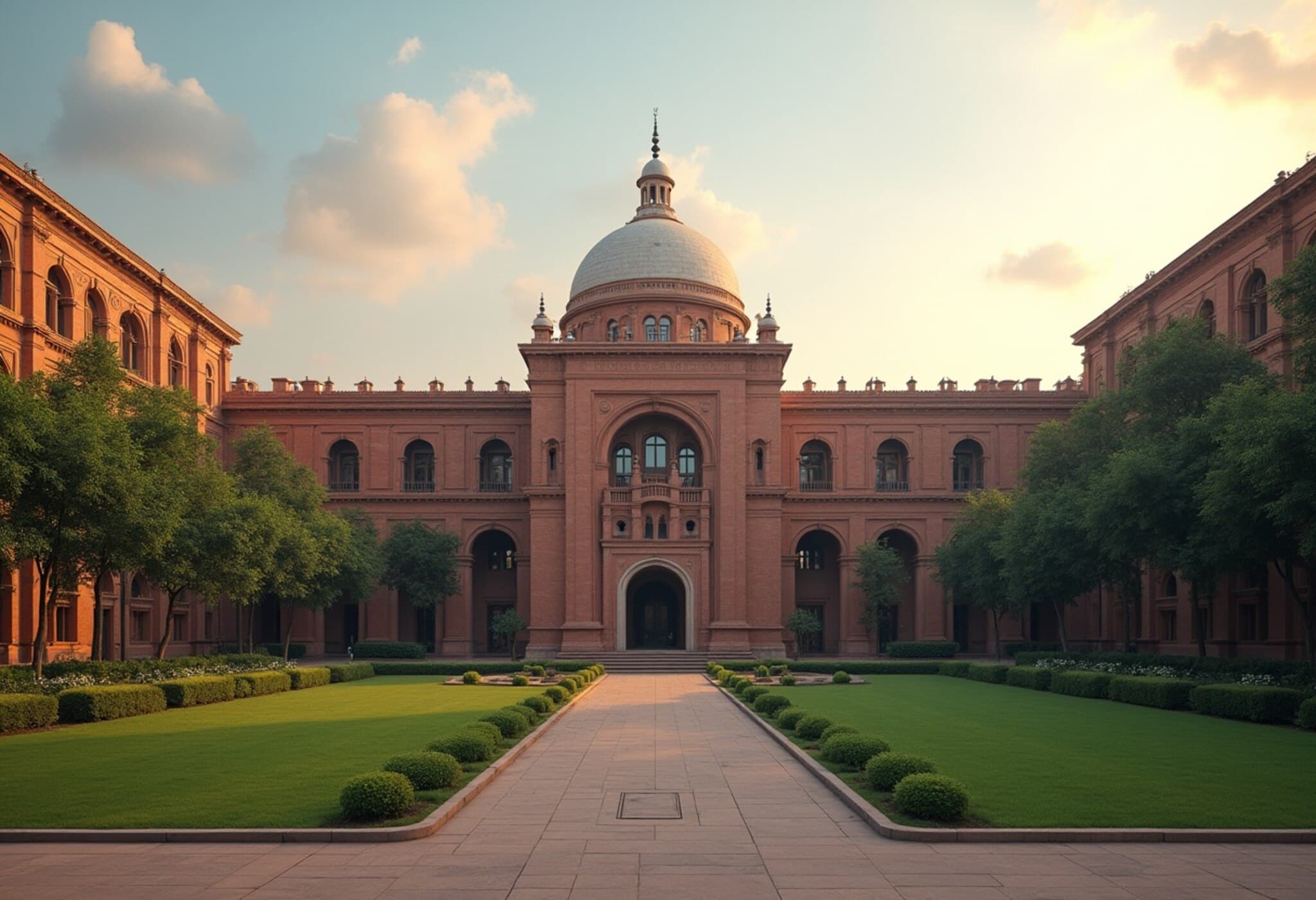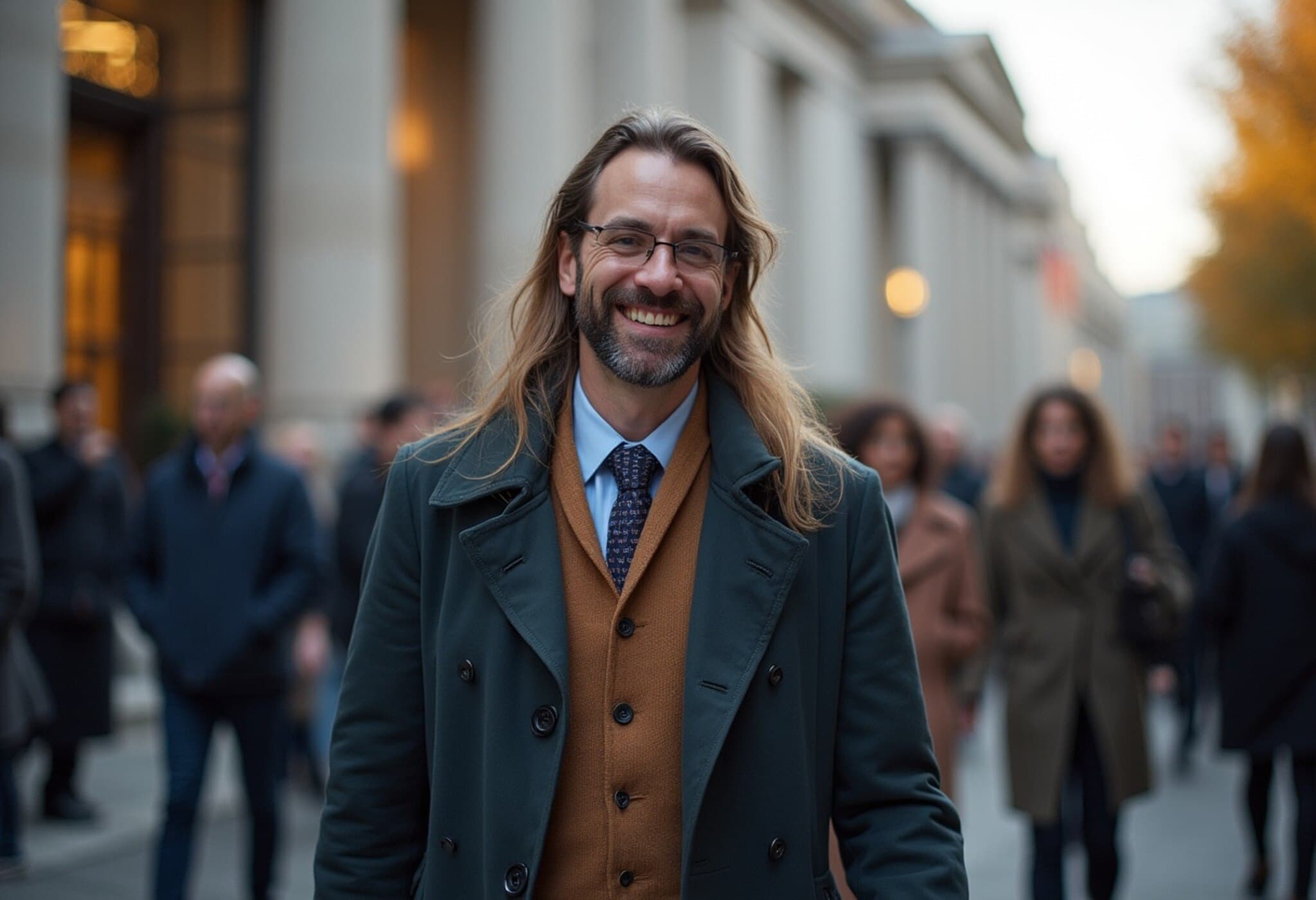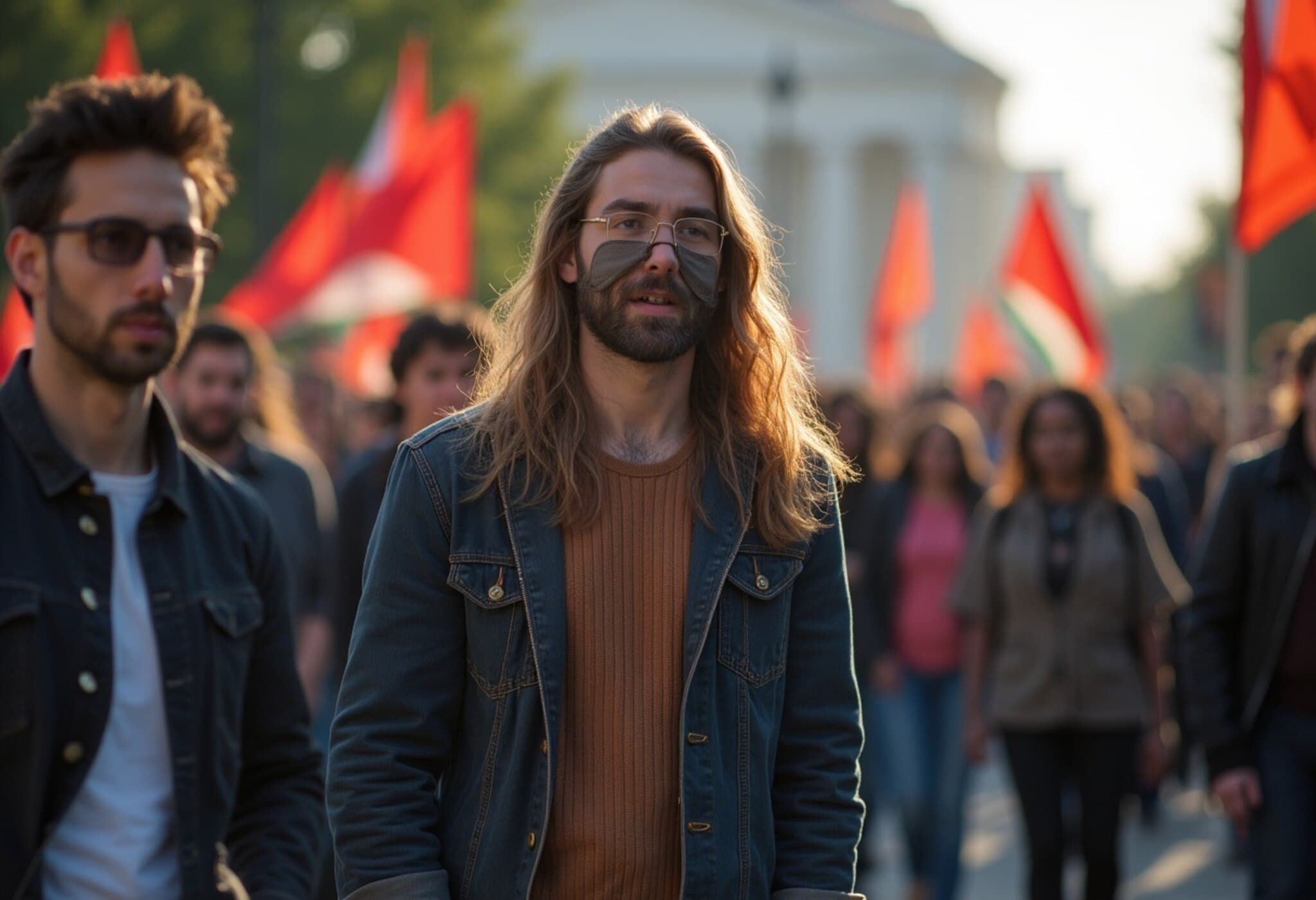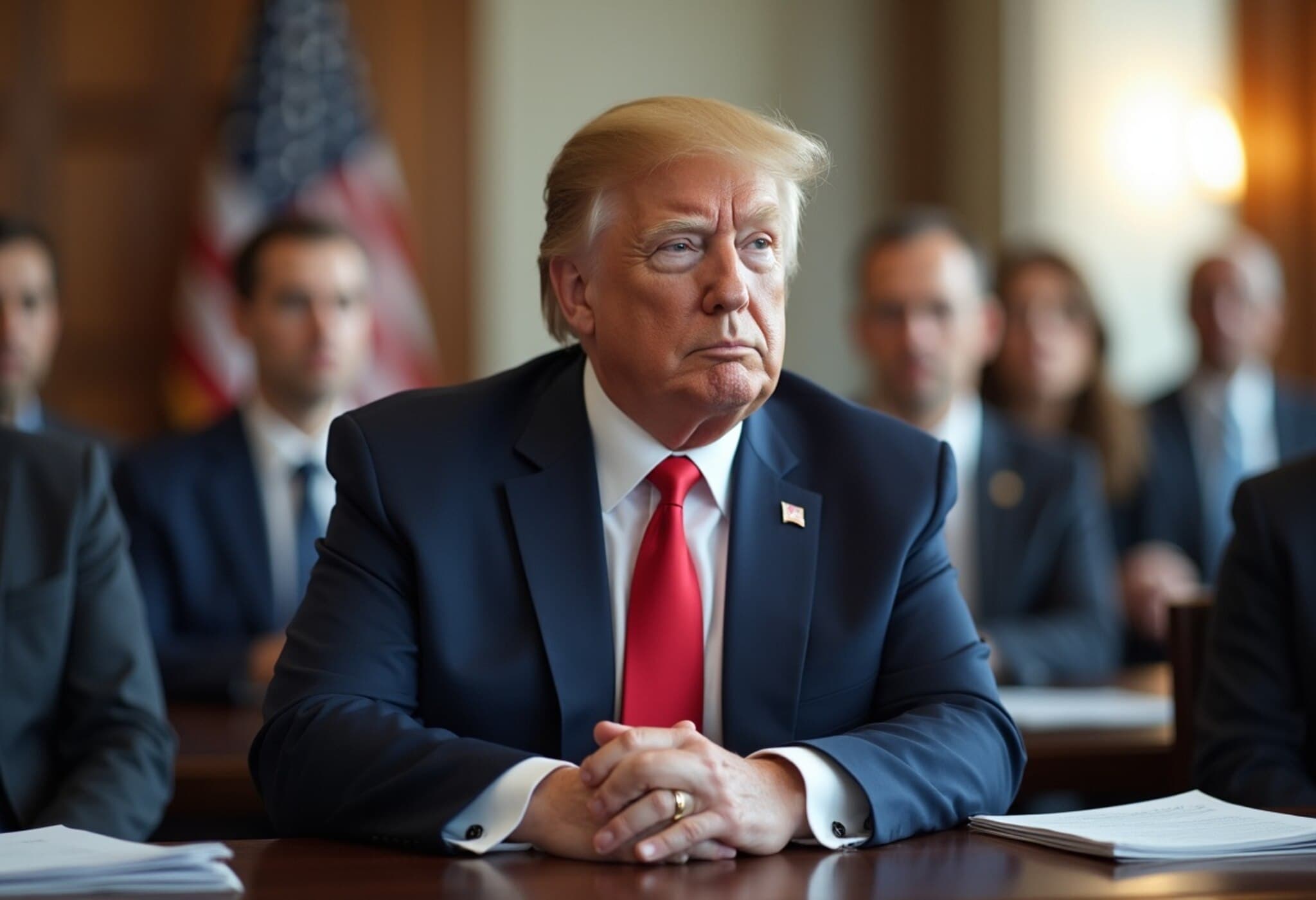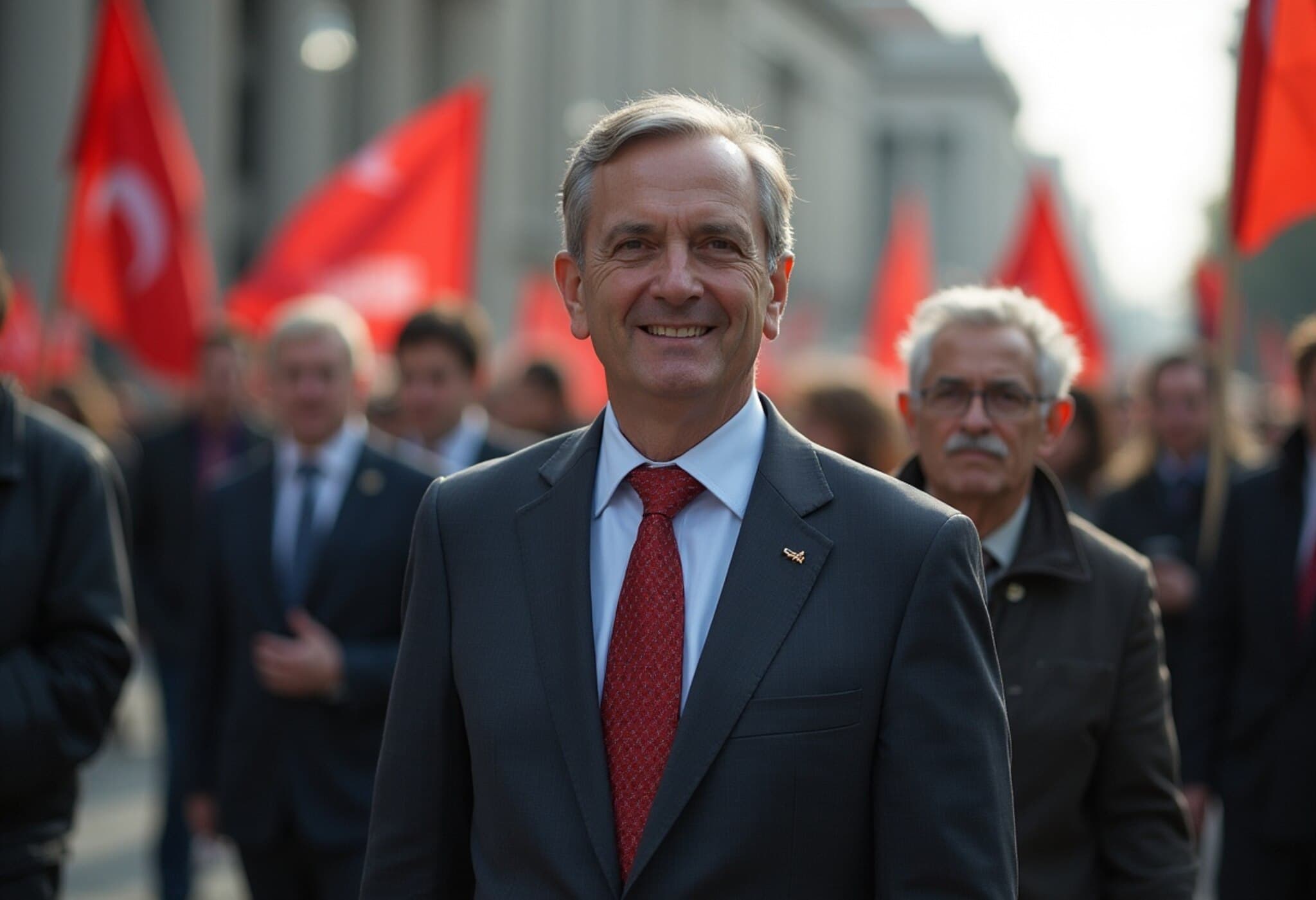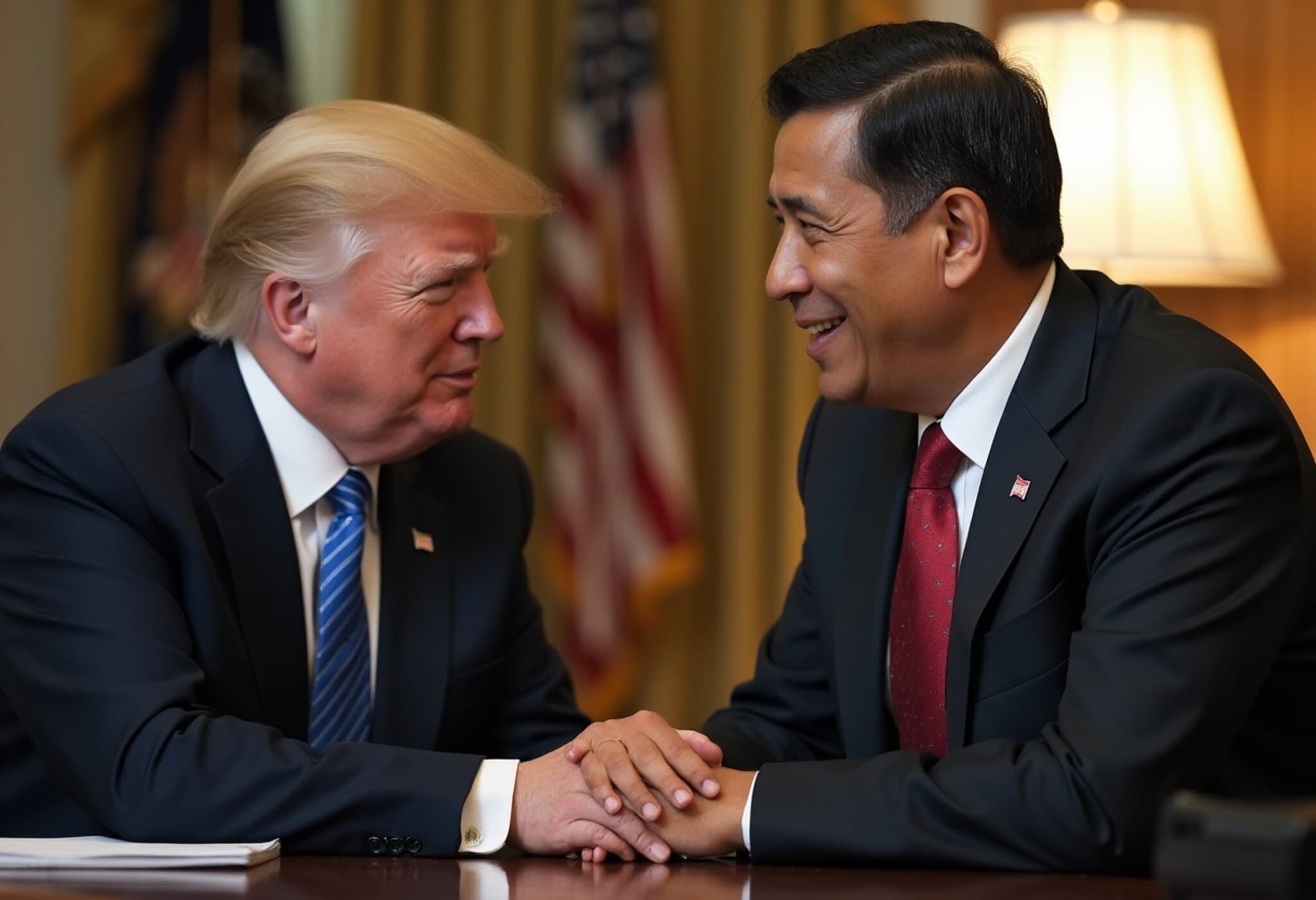Columbia University Takes Firm Disciplinary Actions Over 2024 Anti-Israel Protests
In a decisive move that has sparked widespread debate, Columbia University announced on Tuesday a series of disciplinary actions against students involved in anti-Israel protests held on campus during the spring of 2024. The measures range from suspensions and expulsions to the unprecedented step of revoking degrees. Though the university has withheld exact figures, independent student organizations estimate that nearly 80 students have faced sanctions in connection with protests that disrupted university life significantly.
The Protests and Their Impact
The events at the center of these disciplinary decisions were two notable protests: a sit-in held at Columbia's main library in May, coinciding with crucial exam preparation periods, and a protest encampment that took place during the university's high-profile alumni weekend. The university cited the library sit-in as particularly disruptive, affecting the study environment for hundreds of students.
- Disciplinary outcomes include probation, one- to three-year suspensions, permanent expulsions, and, notably, the cancellation of already awarded degrees.
- Columbia described these penalties as necessary to maintain academic integrity and campus order.
Political Context and Federal Funding
These developments unfold against the backdrop of ongoing negotiations between Columbia University and the federal government, specifically the Trump administration, to regain $400 million in previously withheld federal funds. The funding cut was part of a broader criticism by the administration, accusing elite universities, including Columbia and Harvard, of insufficiently addressing alleged anti-Semitic rhetoric during campus protests against Israel’s military actions in Gaza.
As part of the discussions, Columbia has agreed to implement several policy reforms targeting protest management and anti-Semitism, a decision that has not been without controversy among the student body. Some critics argue that the reforms reflect political capitulation rather than genuine institutional change.
Student Groups Respond and Wider Implications
The student organization Columbia University Apartheid Divest (CUAD), a vocal advocate for divestment from Israel, condemned the severity of the punishments. They argued the sanctions — especially those linked to the library protest — far exceeded disciplinary measures seen in previous demonstrations. CUAD reiterated their unyielding commitment to Palestinian solidarity, stating, "We will not be deterred."
Meanwhile, Harvard University is actively challenging the federal funding cuts in court, highlighting a growing tension between academic freedom and political pressures in higher education institutions across the United States.
Expert Perspectives: Navigating Campus Activism and Institutional Accountability
From a legal and policy standpoint, this escalation at Columbia raises crucial questions about balancing students' right to free expression with the university’s responsibility to provide a safe and conducive learning environment. Experts suggest that the revocation of degrees is unprecedented and may set new precedents for campus disciplinary practices nationwide.
Moreover, the intersection of federal funding with university governance introduces complex dynamics, where institutions risk political interference affecting academic independence. Observers note that while addressing hateful conduct is vital, policies must avoid suppressing legitimate dissent and activism.
What This Means for American Higher Education
- Universities may face increased scrutiny and political pressure relating to campus protests, particularly those involving geopolitically sensitive issues.
- The punitive measures taken by Columbia could signal greater institutional willingness to enforce strict codes of conduct, potentially chilling campus activism.
- Federal funding negotiations tied to campus behavior might become a contentious area, prompting legal battles and policy debates nationwide.
Looking Ahead: Columbia’s Path Forward
Columbia University has characterized the recent disciplinary actions as the final response to last spring’s protests. The coming months will be crucial in observing how these policies affect campus climate, student engagement, and institutional reputation.
In a time when universities are battlegrounds for broader cultural and political conflicts, Columbia's choices illuminate the challenging tightrope academic leaders must walk to uphold both free speech and respectful dialogue.
Editor’s Note
The Columbia University case spotlights the tension between student activism and institutional authority, intensified by external political stakes. It prompts reflection on the evolving nature of protest management, academic freedom, and the politicization of higher education funding. As these issues unfold, readers may consider: How can universities foster open debate while mitigating disruptions? And what are the long-term implications of using federal funding as leverage over campus conduct?

